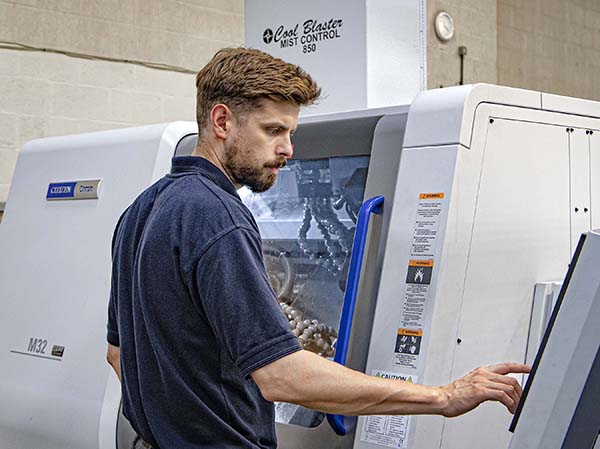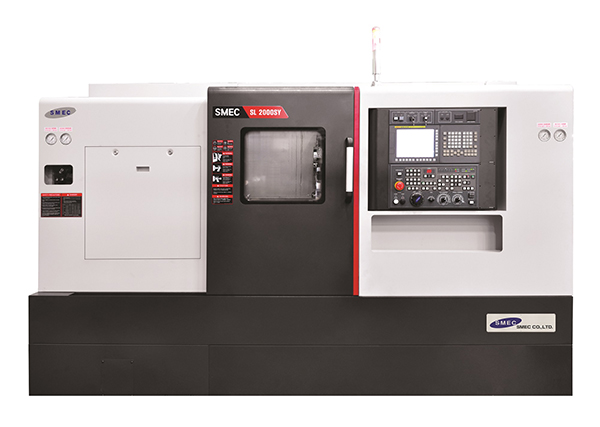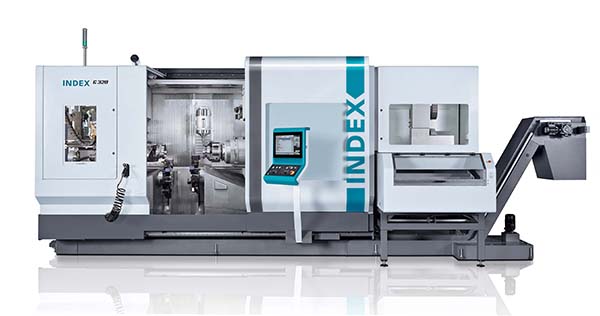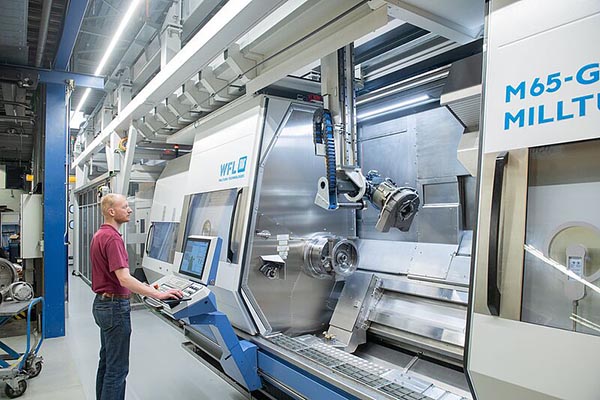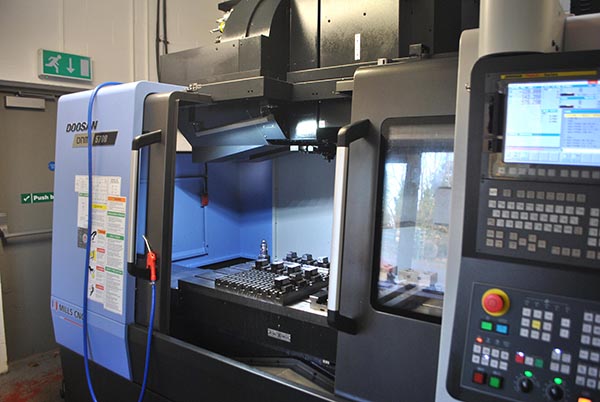
The first new machine acquired by Rugby-based subcontractor Technoset since the onset of the pandemic is a twin-spindle Cincom M32-VIIILFV sliding-head turn-mill centre from Citizen Machinery UK. Replacing two smaller M12 and M16 Cincoms that were about 20 years old, the machine joins a previous-generation M32-VIII bought in 2017. There are also eight twin-spindle, fixed-head Miyano bar-fed lathes on-site from the same supplier for the turning and milling of components from stock up to 64 mm in diameter.
A primary reason for acquiring the latest M32 was a need to machine complex telecoms components, in particular a family of 12 mainly aluminium connector parts for use in the defence industry. Many of them are complex, with a lot of milled detail and drawing tolerances below 10 µm.
Technoset can achieve that level of accuracy reliably, even when running lights-out, partly because the lathe incorporates Citizen’s LFV (low-frequency vibration) software in the Mitsubishi control’s operating system. It is possible to call up variants of the LFV function automatically in any part program to break what would normally be stringy swarf into manageable chips.
Says Technoset’s managing director Kevan Kane: “Citizen Machinery’s M32 sliding-head lathe has been the most important contributor to Technoset’s business since we bought our first one in 2000. Something that has surprised me is the speed with which the machine technology has advanced, resulting in a step-change in performance.”
Improvements to the turning centre include 1.5 times faster live tools powered by a 2.2 kW motor and a programmable, 9000 rpm B axis to enable simultaneous machining in five CNC axes rather than four. Combined with the back tool post, whose Y axis now has adjustable-angle tooling, it enables faster production of more complex parts.
For further information
www.citizenmachinery.co.uk






